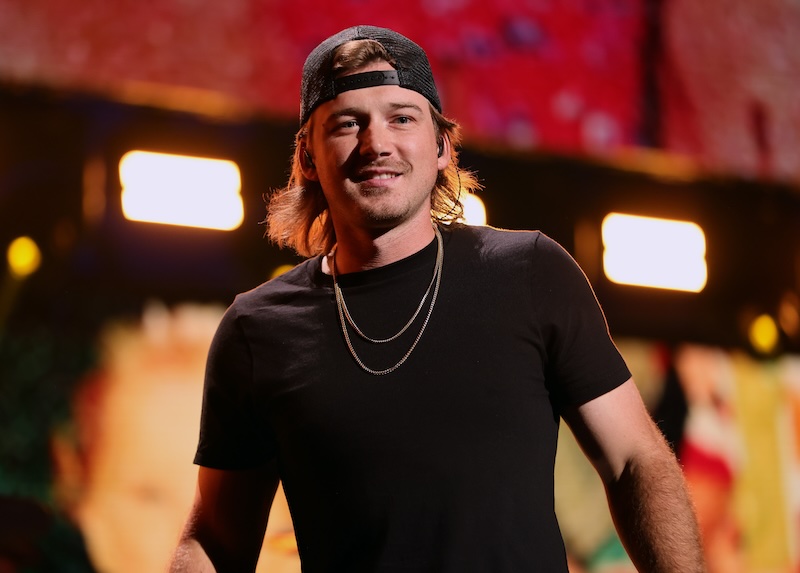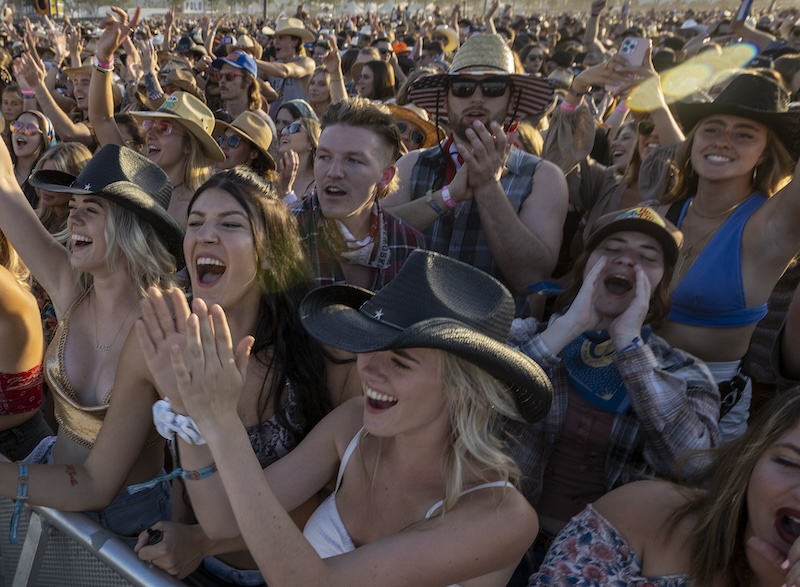
Tennessee Athletics has issued the following statement from Director of Athletics Phillip Fulmer and its 15 head coaches:
We hold our student-athletes to very high standards. With rare exceptions, our young men and women meet those standards and represent themselves, their families, their teams and the University of Tennessee with excellence—academically, athletically and socially. Right now, our student-athletes are hurting. They navigate an emotional road of sadness, confusion and rage. Our black student-athletes carry the added burden of fear and hopelessness—an old wound torn open again by the horrifying, auto-repeat playlist of viral violence in our country that seemingly will not cease.
As Tennessee head coaches, we are now calling on anyone who is a fan of the Vols and Lady Vols to meet and expect a standard in our daily walk. Let us all refuse to accept or tolerate the unjust treatment of our black neighbors. Let us challenge those who attempt to justify, dismiss, ignore or explain away mistreatment of blacks or any other person of color. Let us meet this standard head-on, out loud and outside our homes. Demand action that leads to change. Demand PROGRESS. This is a basic, human principle that, among some, seems to have become as endangered as basic human rights for blacks in our communities.
Society could benefit by injecting into our communities an element of the “team” mindset that exists in a sport locker room. It’s widely accepted that sport teaches valuable lessons about leadership, discipline, collaboration, dependability and perseverance. However, the most IMPACTFUL and life-changing lesson sport teaches might actually be the lesser-touted ability to fully accept and embrace people who are different from us and have very different life experiences. On healthy teams, if you wear the same jersey as me, I’ve got your back—regardless of race or ethnicity, it doesn’t matter. Let’s go work together and win. Period.
Wherever you’re reading this, it likely holds true that the cultures that exist in the sports programs at your local high school or college are much healthier than the culture in your local community. Why do these healthy cultures exist in small sports teams’ locker rooms all across the country, but not in our larger communities? What can we study within a healthy team dynamic that can be applied to a metropolitan city or a rural farm town? As coaches, we don’t have all the answers to fix what’s been broken for so long. But if total acceptance, understanding and empathy—regardless of human differences—can coexist on sports teams, those things should be able to coexist anywhere.
Vol Nation, let’s rise to the challenge to meet a new standard. If you’re going to support our black student-athletes when they compete, please have the courage to support them and their families in their daily pursuit of peace, happiness and equity.
Phillip Fulmer, Director of Athletics
Beth Alford-Sullivan, Track & Field/Cross Country
Rick Barnes, Men’s Basketball
Lisa Glenn, Rowing
Kellie Harper, Women’s Basketball
Matt Kredich, Swimming & Diving
Alison Ojeda, Women’s Tennis
Judi Pavon, Women’s Golf
Brian Pensky, Soccer
Jeremy Pruitt, Football
Eve Rackham, Volleyball
Tony Vitello, Baseball
Brennan Webb, Men’s Golf
Karen Weekly, Softball
Ralph Weekly, Softball
Chris Woodruff, Men’s Tennis
-UT Athletics




















